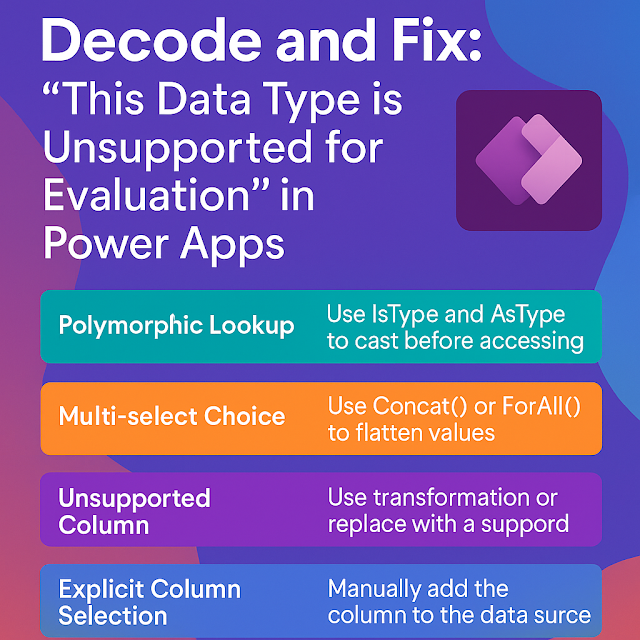All types of Power Automate should be known by everyone
Power Platform is revolution and exemplary in terms of little/no code concept. According to the report of Gartner, this platform is reaching a new high every year. However it is evolving rapidly and Microsoft provides new features in every new release. In the article, I am going to tell about Power Automate which is the primary application in Power platform.
Power Automate: A cloud workflow tool to tie together cloud and desktop applications to automate business.
There are various type of power automate flows which can be used according to their strengths and business needs:
Instant Flows:
In complex business scenarios, Instant Flow is a great tool in the Power Automate family. There are many repetitive tasks that require a single click button to run and Instant Flow allows us to complete such activities with the tap of a button on a mobile or desktop device.
- It is started or triggered manually.
- Triggered manually (via a button) as needed.
Schedule Flows:
Business users can set the time for such flows to run. Many jobs work according to schedule time alike time bound reports (weekly, monthly or yearly) and order processes and Schedule Flow is suitable for such scenarios.
- Run on a set schedule every second or minute, hour, day, week or days.
Automated flows:
Automated flows are gem background tool in the Power automate collection. It works when certain conditions are met or an event is triggered, this kind of automation helps in streamlining our data processing.
- Waits for an automatically occurring event at the source to start (or trigger) the workflow.
- Mix and match actions/conditions from various services to build out the process.
Business Process Flows:
Business Process Flow is the new member of the Power Automate family. This can help ensure that people enter data consistently and follow the same steps each time they work with a customer by creating a business process flow. They provide a streamlined user experience that leads people through the processes their organization has defined for the interactions that need to lead to some sort of conclusion.
- Provide a user experience that leads people through a process.
- Organized in stages and steps.
- Qualify for the Power Automatic plan per user or the Essential D365 plan
- Works on Dataverse, D365 and Model Driven Apps.
Business process flows in Dynamics 365 are always associated with table.
- Use existing Dataverse
- Use multiple tables
- Well defined process is good
- Create new Dataverse as part of BPF
- build as go
- Good for stand-alone process
- good if the process doesn't work out perfectly
Power Automate for Desktop Power Automate provides the widest range of Robotic Process Automation (RPA) capabilities. This makes it easier and faster to automate both legacy and cloud applications using prebuilt drag-and-drop actions or recording features.
Conclusion:
Power Automate is a very powerful component in Power Platform that provides unlimited capabilities to automate activities and empower everyone. It provides the ability to automate tasks for both applications (legacy and modern).














Comments
Post a Comment